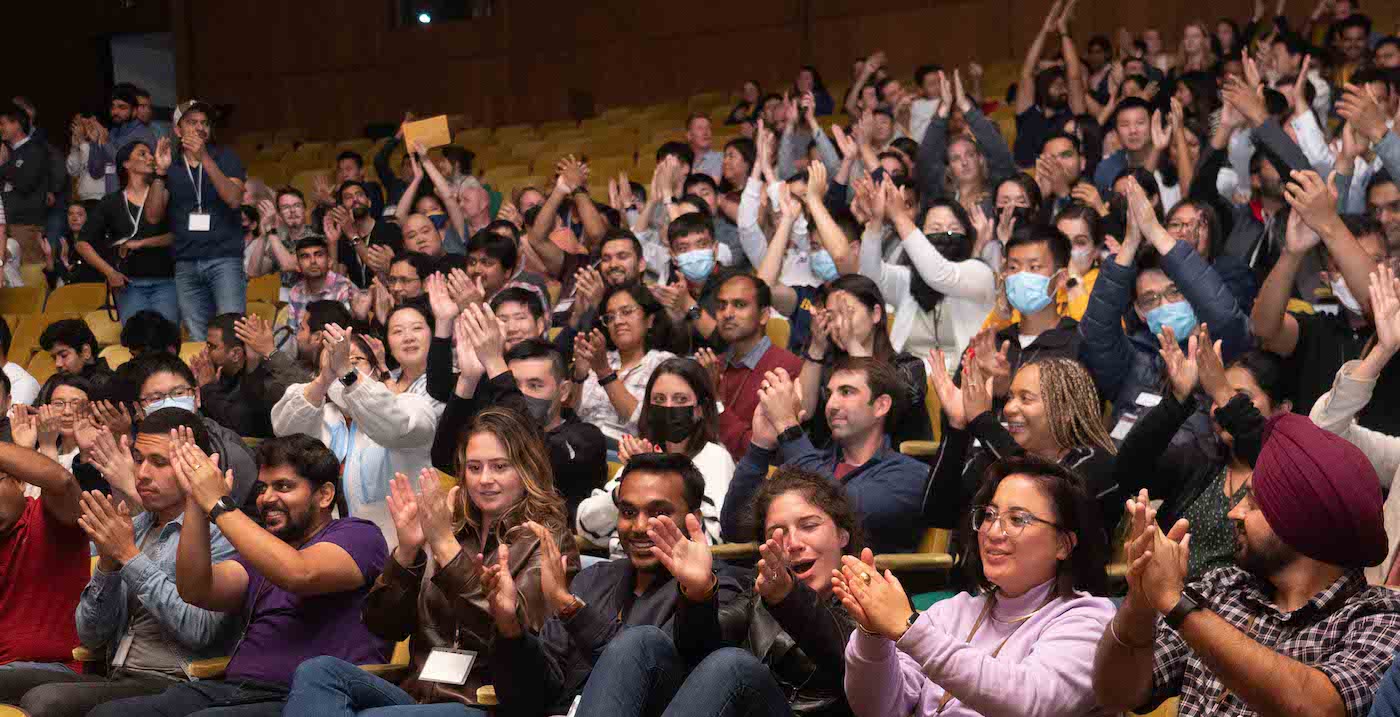
As globalization began to give American businesses a run for their money in the early 1970s, international business expert and then-Dean Richard Holton began working with faculty on ideas for how to train new leaders to compete.
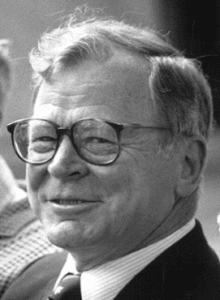
“Strong competition from Japanese companies started to wake people up,” said Jay Stowsky, senior assistant dean of instruction at Haas from 2008 to 2021. “American business leaders and business school leaders understood the need to take a different approach to training people coming into American companies.”
That realization led to the creation of a new kind of MBA program that would provide the flexibility business leaders needed to earn the degree outside of their daily work schedules. In 1972, the business school launched its first part-time program called the San Francisco Evening Program (SFMBA) at the Wells Fargo Training Center in downtown San Francisco.
The program, now called the Evening & Weekend MBA Program, is celebrating its 50th year.
“We’re so proud of what we’ve accomplished over the decades,” said Jamie Breen, assistant dean of MBA programs at Berkeley Haas. “The part-time program has changed so many lives by opening doors for working professionals who couldn’t afford to take two years off to go back to school. It has truly fulfilled a mission to increase access to an MBA.”
A pioneering program
The part-time MBA program, one of the first of its kind in the country and the first within the University of California system, was aimed at students in their mid-20s to late 30s who had been in the workforce for an average of five years.
“The part-time program has changed so many lives by opening doors for working professionals,” Jamie Breen, assistant dean of MBA programs.
The first-ever cohort of 88 students hailed from local companies like Wells Fargo and Levi Strauss & Co, many of them commuting from Silicon Valley. By fall 1975, the program swelled to 229 students taking 17 courses. And by the early 1980s, the program’s success ensured that it would remain a core offering, with courses modernized and aligned tightly with the full-time MBA program to address corporate needs, Stowsky said.
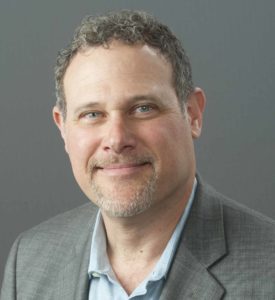
“The MBA by then had shifted from a more academic degree to what was called management science, a kind of mathematical approach to decision making focused on finance and the bottom line, in addition to marketing and other key things students learn today in business school,” he said.
Boosting career success
The program, consistently ranked in the top two in the U.S. News ranking of part-time MBA programs, has trained business leaders worldwide. Among the more than 6,000 living graduates of the program are Adobe CEO Shantanu Narayen, MBA 93; Apple’s Managing Director of Greater China, Isabel Mahe, MBA 08; Poshmark CEO Manish Chandra, MBA 95; Sega Sammy CEO Haruki Satomi, MBA 12; Meituan Dianping founder and CFO Shuhong Ye, MBA 05; and Dilbert creator Scott Adams, MBA 86.
Constance Moore, who graduated from the SF MBA evening program in 1980, recalled attending classes in downtown San Francisco, near her office at BRE Properties. “I wanted to go to the evening program because I had recently started at BRE as an asset manager and knew I would likely learn as much at work as I would in school,” she said. “I could apply what I learned at work to my school work, and what I learned at Haas I could apply to my work. It was perfect.”
Attending class on Monday and Thursday evenings allowed her to travel for work in between and then study all weekend, she said. “It didn’t leave much time for anything else but it was so worth it,” said Moore, who became CEO of BRE after getting an MBA. “Haas made me fearless.”
While relatively few women enrolled during the part-time MBA program’s earliest days, that changed over the years as women were recruited or encouraged by their employers and each other.
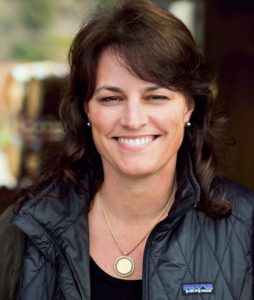
Lesley Keffer Russell enrolled in the program in 1999, at the encouragement of her boss at St. Supéry Winery, Michaela Rodeno, who graduated from the part-time program in 1980.
“She became a great mentor for me. She asked me one day during lunch, after I had done a three-month work stint in France for St. Supéry, ‘So, when are you going to go to biz school?'” she said. “I had mentioned that it was on my mind for a while and there was nobody else who was going to push me to apply, so she did. I got right on it.”
Russell said classes she took that help her today in her job as general manager of Saint Helena Winery include microeconomics, negotiations, and real estate development, for which she completed a final group project on assessing two Napa Valley vineyard purchases. “This led to understanding about aspects of the wine industry that have been critical to my career advancement,” she said.
A name change, and even more flexibility
While San Francisco served as the part-time program’s hub for years, student demand to be closer to UC Berkeley led the school to move the program to campus in 1995. In 2002, then-Dean Laura Tyson added a weekend option for students.
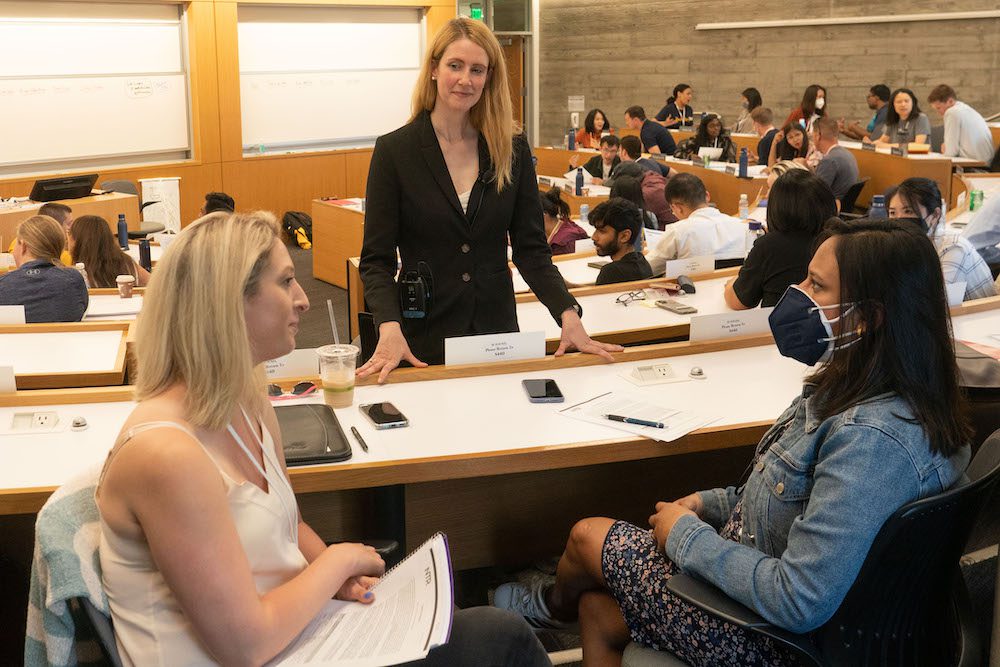
The expanded program, renamed the evening & weekend program, split students into evening or weekend cohorts, depending on their schedules. It now attracts a wide breadth of students from around the world— engineers, general managers, sales and marketing managers working in high tech, computer services, banking, fintech, and biotechnology, among other industries.
This year, about 36% of the entering class is from outside the Bay Area, and 59% of them were born outside of the U.S. Nearly 40% of the students are women.
“We’ve always had a fairly rich body of applicants to draw upon given our geography, Berkeley’s name, and the Haas reputation,” Breen said. “Those factors have served us well.”
The flexibility of the program has also increased. Spurred by the success of virtual learning, Haas developed the Flex option, a hybrid online/in-person MBA, which was in the works for three years. Flex is popular with working professionals who can take core courses online and opt to come to Haas for electives. The first cohort of 69 students began in August.
“With the launch of Flex, we’re looking forward to what the next 50 years will bring for the program and our students,” Breen said. “It’s an exciting time to be offering innovative business program options to working professionals.”